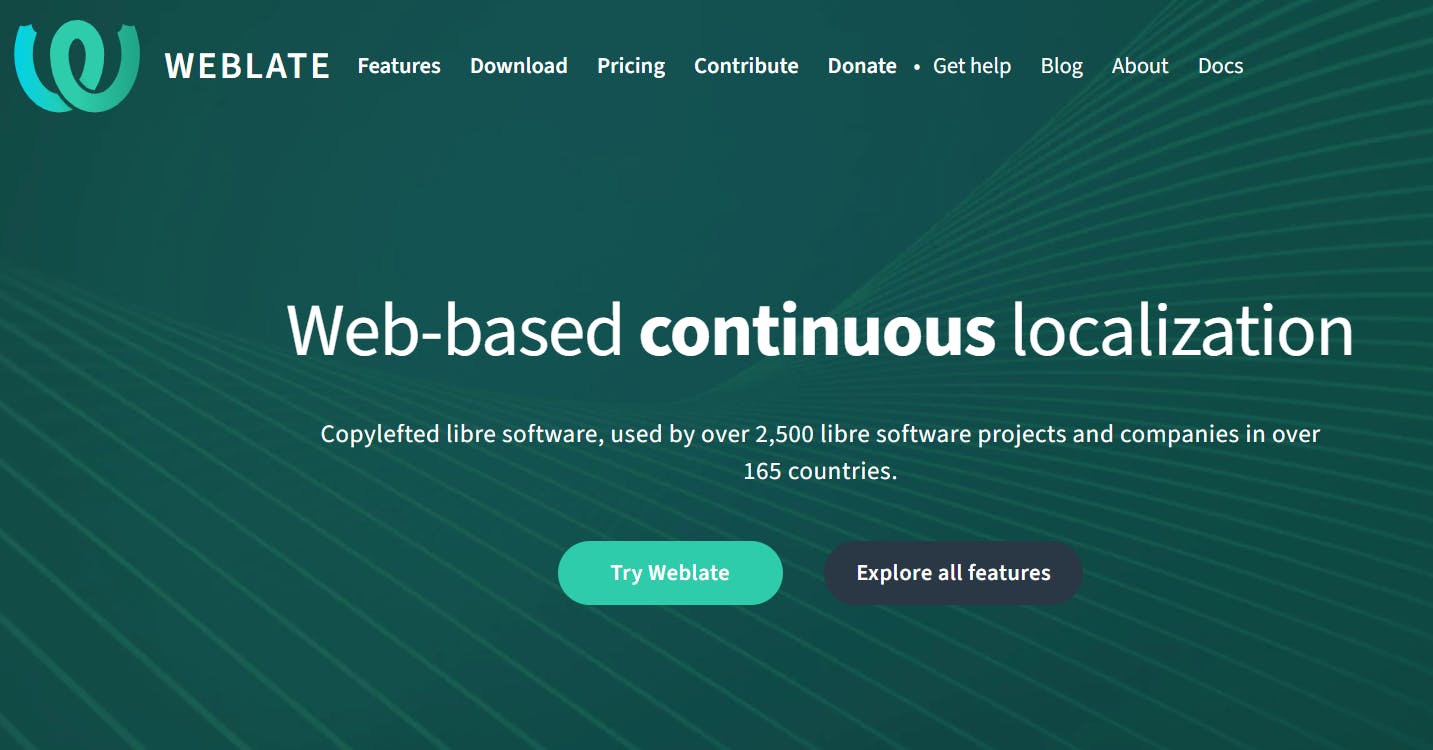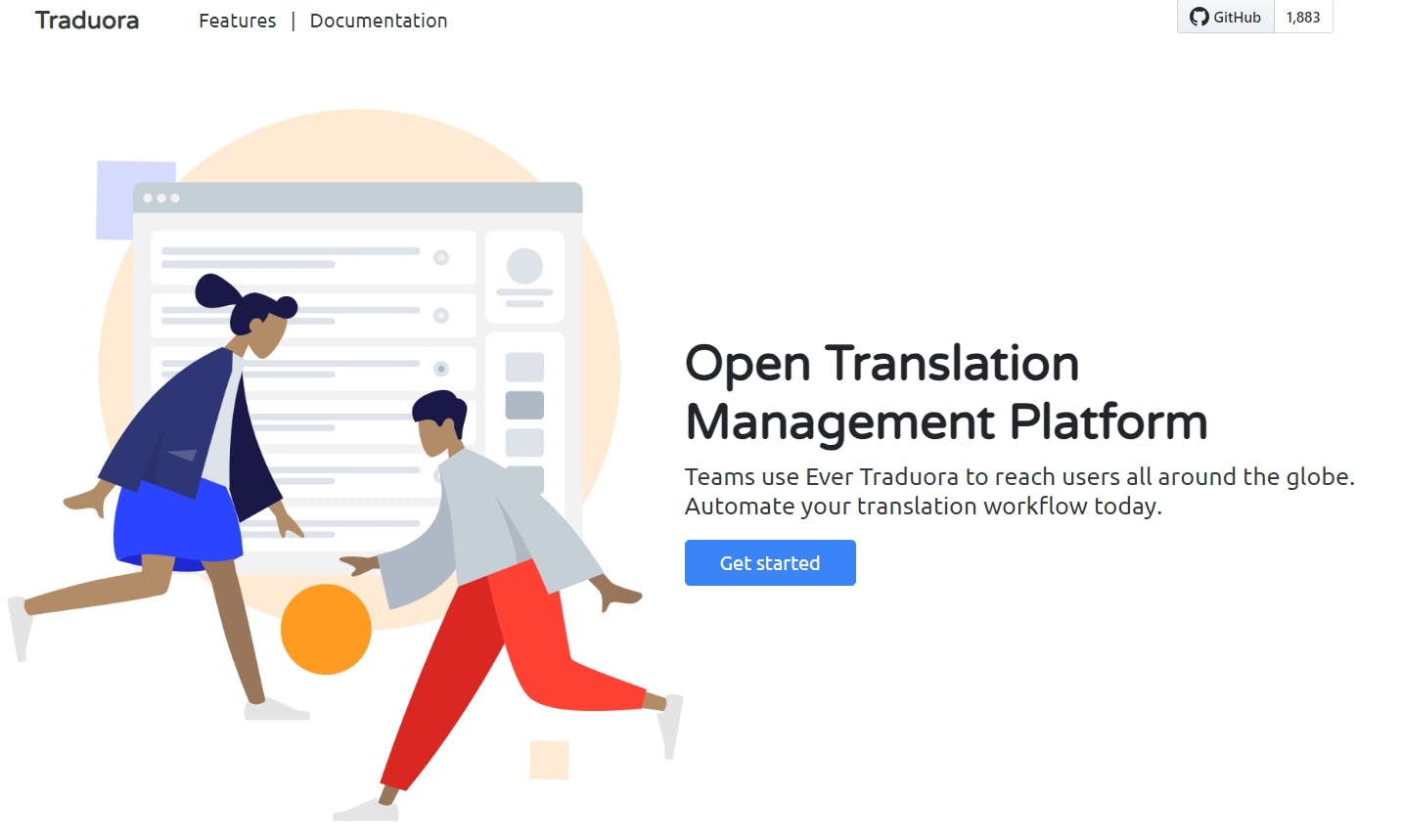The world of software development is rapidly growing, and reaching a global audience can be a challenge. Whether you're selling products or offering services, ensuring the best experience for users is crucial. Localization becomes a key ally in connecting users seamlessly with your software.
What is Localization?
Localization involves translating content from one language to another. The primary goal is to make an app multilingual. Although localization can be challenging, advancements in technology have simplified the process.
Localization is about adapting your product or service to different languages and cultures to make it more accessible and appealing to a wider audience. Users prefer content in their local language, and implementing this feature through localization is now more accessible than ever.
Ultimately, localization fosters genuine connections with your global users.
Benefits of Localization
Product localization can benefit businesses in several ways.
Global Reach: Expand your software's accessibility to users worldwide.
Market Expansion: Enter new markets by adapting your software to local preferences.
Increased Adoption: Attract more users by removing language barriers.
Streamlined Communication: Facilitate clearer communication between users and your software.
Improved User Satisfaction: Make users happier by ensuring the software feels familiar and relevant.
Strengthen Product trust: Show your commitment to local markets and build stronger user relationships.
Better market insights: Gain valuable data and feedback from localized user interactions
Why Opensource Tools for Localization?
Open-source tools are community-oriented for better discussion on product innovation and improvements. Open-source tools focus on involving the community to discuss and make the product better. This helps with innovation and improvements.
Cost-Effective: Eliminate licensing fees and reduce overall localization expenses.
Flexibility: Customize tools to align with your workflows and language requirements.
Scalability: Manage localization efforts across various initiatives without limitations.
Community Support: Tap into a global network of developers, translators, and localization professionals for assistance and collaboration
Fostering Innovation: Open-source tools encourage the exploration of new localization approaches and technologies.
5 Open-source Localization Tools to Consider
1. Tolgee
Tolgee is an open-source solution for painless localization. Tolgee provides fast integration to web apps, auto-machine translation, in-context translating, automatic generation of screenshots, and many more features.
Are you curious to know more about Tolgee? Here's the GitHub repo to explore.
2. Pontoon
Pontoon is an open-source translation management system developed by the Mozilla Localization Community. Pontoon provides a web-based interface for software localization to the users. The translations are stored in the Version Control System (Git etc.) to ensure accuracy.
Pontoon provides a context suggestion feature to help efficient localization. Its community-oriented platform, allows people to contribute to their project for improvements.
Here's the GitHub repo to explore.

3. Weblate
Weblate is an open-source, web-based platform for localization that manages the entire process and it's used by over 2,000+ projects.
Weblate offers several features to make the localization process easier, faster, and collaborative. It supports various file formats like websites, strings, content, and code. Weblate provides descriptive analytics on localized projects that can help various areas to improve.
Here's the GitHub repo to explore.

4. i18n-Tasks
i18n-Tasks is an open-source solution for software localization. The problem with efficient translation is solved by the i18n-Tasks which offers more efficient translation. i18n-Tasks able to manage numerous translation files and simplify the process.
It supports several file formats for localization. i18n-Tasks produces high-quality translations for the user and is error-free, clear, and professional. The i18n-Tasks automates the repetitive tasks to work on other business strategies.
Here's the GitHub repo to explore.

5. Traduora
Traduora is an open-source translation management platform. Traduora supports modern automated localization workflow for translation. Traduora offers import and export translation features, auto-translation of the project, and updates.
Traduora allows you to work with the team in a collaborative space once you set up your project. It controls and customizes the entire localization process from API access to workflow.
Here's the GitHub repo to explore.

Wrap up
In a world going digital, language shouldn't be a barrier. These five open-source localization tools empower you to reach global audiences on a budget. In 2024, break down those barriers and deliver exceptional user experiences for everyone.
So, choose your open-source localization tool and start your journey!

